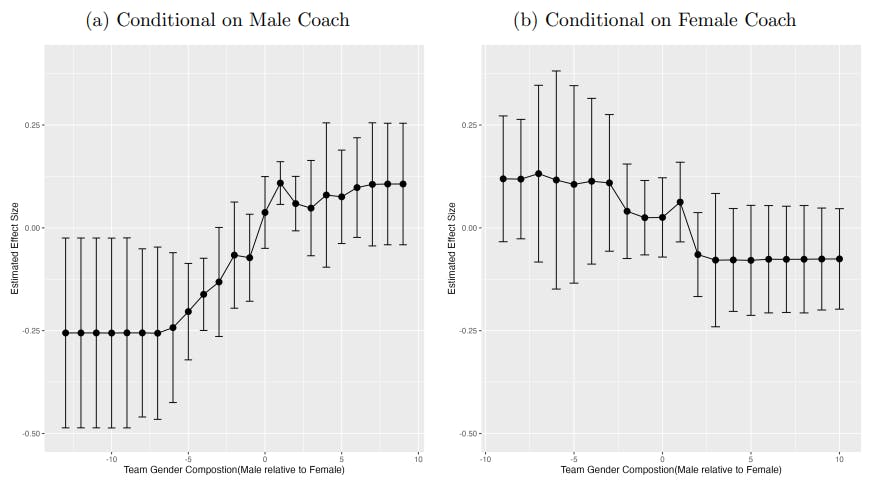Asian tech stocks slide as China-US chip war escalates

By Youn Ah Moon and Ankur Banerjee
SINGAPORE (Reuters) – Chip stocks in Asia plunged on Thursday, amid a sharp sell-off on Wall Street sparked by news that the United States is considering tighter restrictions on exports of sophisticated semiconductor technology to China.
Among the worst-hit stocks were shares of Taiwan Semiconductor Manufacturing Co (TSMC), the world’s largest contract chip maker, whose market value lost around T$2 trillion ($61.35 billion) in two days.
TSMC, which will announce its results later on Thursday, was hit twice this week: by reports of the US restrictions and by comments by Republican US presidential candidate Donald Trump that Taiwan should pay America for its defense.
TSMC lost more than 3 percent, joining other technology giants including major South Korean chipmakers Samsung Electronics and SK Hynix, which fell 1.85 percent and 4.1 percent, respectively, and Japanese company Tokyo Electron, whose shares fell more than 8 percent.
The Global X Asia Semiconductor ETF lost 2.7%, reducing its annual gain to 13.5%.
The Bloomberg News report, published during Asian trading hours on Wednesday, said President Joe Biden’s administration is considering a measure called the Foreign Direct Product Rule, which would allow the U.S. government to stop the sale of a product if it was made using American technology.
This would potentially mean restrictions for companies such as Tokyo Electron and the Dutch company ASML.
TSMC’s American Depository Receipts fell 8 percent on Wednesday. In its first-quarter earnings report, TSMC said 69 percent of its revenue came from customers in North America and 9 percent from China.
Washington’s protectionism towards the US semiconductor industry, which it sees as strategically important for competitiveness against China, is causing increasing concern among investors.
“It seems that macroeconomic and geopolitical factors played a bigger role than fundamental factors,” said Kang Jin-hyeok, an analyst at Shinhan Securities in Seoul.
Kang referred to strong recent earnings releases from Samsung and ASML, but noted that the latter’s high sales in China make the company a target of planned US restrictions.
China accounted for approximately 49% of ASML’s lithography systems sales and approximately 20% of its order backlog in the second quarter.
ASML shares fell more than 10% on Wednesday, despite second-quarter results beating forecasts and showing a rise in artificial intelligence-related bookings.
The Biden administration is taking aggressive steps to limit Chinese access to cutting-edge chip technology, including imposing sweeping restrictions in October to limit exports of AI processors developed by companies like AI darling Nvidia.
Recent tensions in Sino-US relations have accelerated the first signs of an investor migration from the stocks of big technology companies to stocks with lower intrinsic value, as investors expect smaller companies to benefit from lower US interest rates.
“Positioning in the semiconductor/AI space had become very extreme and the import restriction comments catalyzed a risk reduction,” said Jon Withaar, who manages a special situations hedge fund in Asia at Pictet Asset Management.
Due to the global AI boom, technology stocks have outperformed this year, with the Nasdaq up 20% while the S&P 500 rose 17%.
But the wave of selling in Asia on Thursday left the major stock markets in the red: The Nikkei in Tokyo lost 2 percent, while Taiwanese stocks fell 2.3 percent.
The South Korean benchmark index KOSPI fell by 1.34 percent. The technology index Hang Seng in Hong Kong lost 1.5 percent.
(1 US dollar = 32.6010 Taiwan dollars)
(Reporting by Youn Ah Moon in Seoul, Jeanny Kao in Taipei and Ankur Banerjee in Singapore; Writing by Rae Wee; Editing by Vidya Ranganathan and Jamie Freed)



